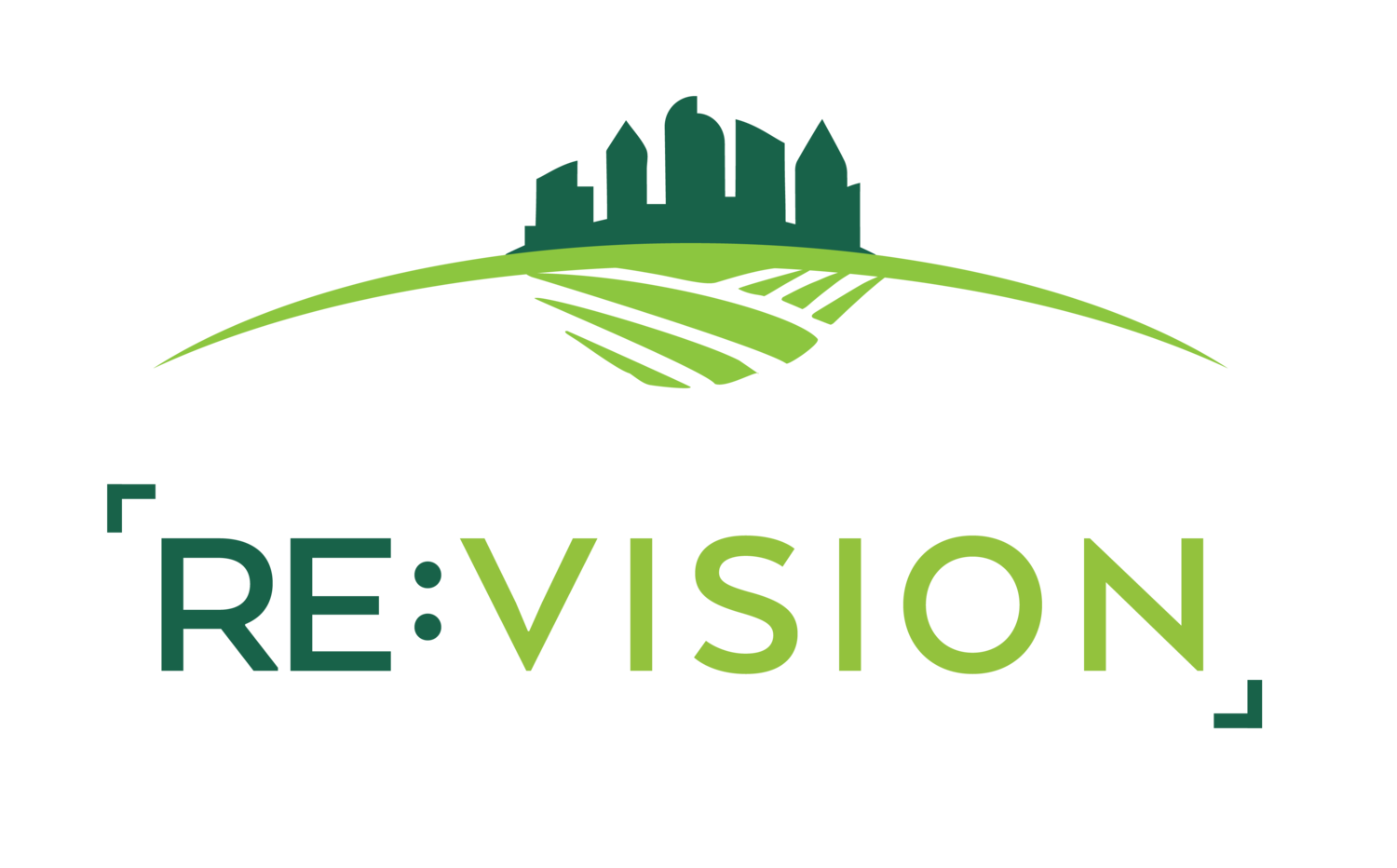Re:Own - That "G" word...
Yes... we're talking about Gentrification...
Photo by Jess Elysse Kornacki
This week’s blog post is Part 1 of 2. Today, we give some context for Re:Vision’s Re:Own Program and what is currently happening in the neighborhood. By the end of this piece, you might feel a bit overwhelmed, but don’t worry. Next week’s post will be all about the positive work going on around Westwood to combat gentrification, and how you can get involved with a great event coming up on April 17!
Re:Vision’s mission is a three-pronged approach in working with people in economically marginalized communities to cultivate community food systems, develop resident leaders and create an economy owned by the community. While Re:Farm and Re:Unite produce tangible impact in families and communities, we’d be missing the larger picture if we didn't intentionally focus on building community wealth - which is the purpose of Re:Own.
By the end of 2018, our goal is to incubate at least 3 food-based businesses from the community, for the community. We’ve already helped incubate the Westwood Food Co-Op (WFC), and the next step in our success is to be a catalyst for the creation of products that will eventually be sold on the shelves at the WFC. So why does all this ultimately matter?
Photo by Jess Elysse Kornacki
Perhaps you’ve heard the word “gentrification” a lot lately? In short, gentrification is the process where low income communities are renovated to suit the tastes of the middle class, displacing those communities and erasing its culture. The conversations about gentrification in Denver reached new heights in November of 2017 when INK! Coffee placed a sign outside of their RiNo location declaring they were “happily gentrifying the neighborhood since 2014.” Suddenly, a term that seemed to have only been used in certain circles was being discussed everywhere. In response to that incident, hundreds of people gathered in the beginning of this year to discuss gentrification in Denver. Now it seems like you can’t turn on the news, or open a newspaper without hearing the word at least once.
Gentrification happens in economically marginalized neighborhoods, which are often times communities of color. And Westwood is both. Westwood is 81% Latino, and has historically been one of the most neglected neighborhoods in Denver. Today, it is one of the last ‘affordable’ areas in Denver, so it makes sense that gentrification and involuntary displacement are already exerting massive pressure on the families who live here. To add to the complexity of the issue, Denver voters recently passed a $937 million Bond Package, of which over $42 million is earmarked for improvements in Westwood and Southwest Denver. On the surface, that might sound like good news, but if you’ve been in Denver for awhile, you know this is typically how the process begins. Often times low income neighborhoods receive structural improvements, just in time for developers to come in.
Does it seem like Westwood’s fate is already sealed? We don’t think so. We believe investing in the capacity of the community, and creating a locally owned, resilient economy is the key to combatting gentrification. Re:Vision does not want entrepreneurs from Westwood to open businesses outside of Westwood, nor do we want people to spend money on essentials like groceries outside of the neighborhood. Westwood is a vibrant neighborhood, with some of the best food and most beautiful murals you will find in all of Denver and we believe in their cultural and economic value. Which is why we are so excited to talk more about IdeaLab next week, where we will examine the place arts has in this conversation and how it can be used as yet another tool in this fight against gentrification.


